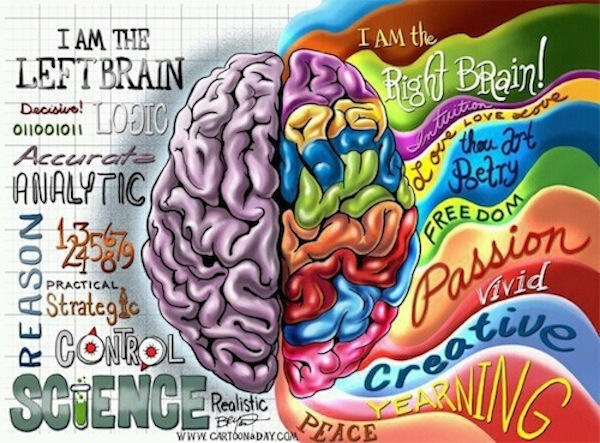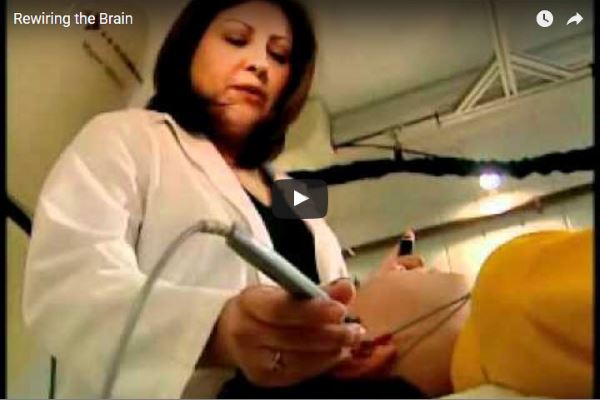
by Kristin Clark | Feb 28, 2017 | Education, Professional Development, Reading, Special Education
Fear of Labeling Do you struggle with the idea of labeling your child with a learning disability? If so, you’re not alone. Often parents are concerned that labeling will be harmful and will stigmatize their child. Some parents fear that their child will become...

by Lawrence Kloth | Jan 2, 2017 | Education, Professional Development, Reading, Special Education
Dyslexia as a Child – Do you remember round robin reading? You know, the kind where the teacher elects one student to start reading, and then that student gets to pick the next student to continue reading. I was such a poor reader I would struggle to sound out...

by Anne Kloth | Jul 5, 2016 | Education, Professional Development, Reading, Special Education
My Struggle with Reading – Growing up is hard. From grade school to adulthood, the 21st century brings with it new challenges for all of us, especially students with dyslexia. Dyslexia impacts more than just reading and spelling. Dyslexia impacts many other...

by Anne Kloth | Jul 5, 2016 | Education, Professional Development, Reading, Special Education
Reading and Dyslexia – Students who struggle with reading and spelling, or have been diagnosed as dyslexic, put a lot of effort into learning. In addition to reading, they may also struggle with learning their math facts, telling time, or following multiple step...





